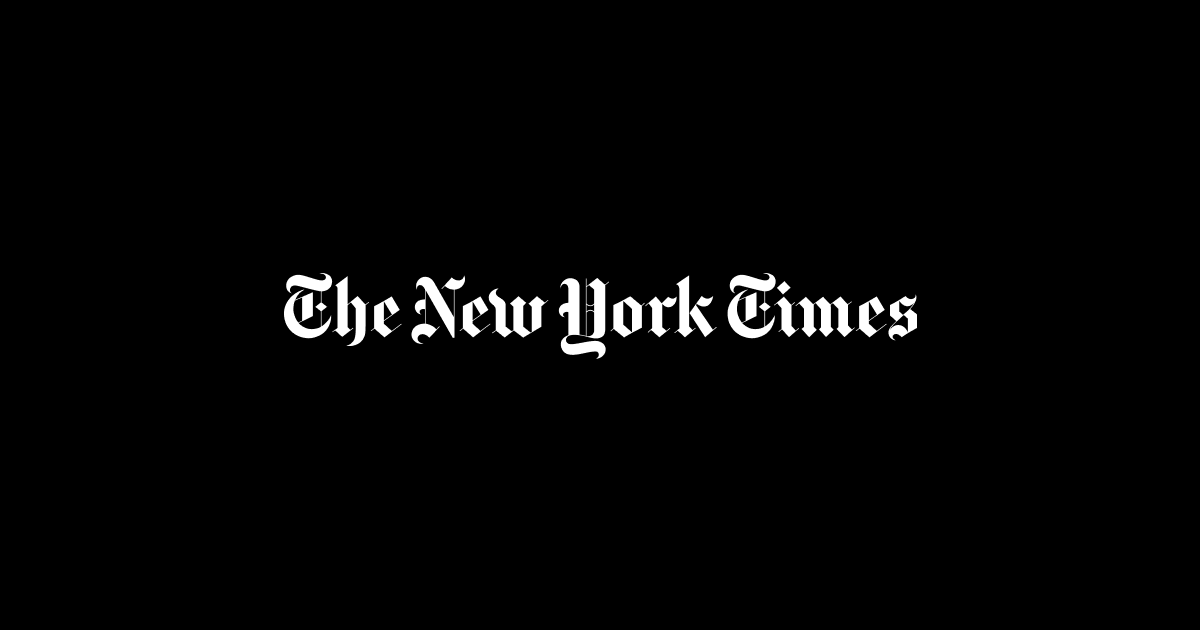“Part of the blame lies with the Covid-19 outbreak in China, which has led to staff shortages and bottlenecks in the logistics sector,” wrote Julian Evans-Pritchard, senior China economist at Capital Economics, in a note to clients. “But the magnitude of these disruptions should not be overstated.”
The decline in Wall Street followed sharp falls in world markets. The Stoxx Europe 600 fell 2.9 percent, while the Hang Seng index in Hong Kong fell 3.8 percent.
The oil price also fell. Brent oil, the global benchmark, fell about 5.8 percent to $106 a barrel, and West Texas Intermediate, the US benchmark, fell 6 percent to about $103.
Stocks have been battered in recent weeks as investors contend with higher interest rates, which the Federal Reserve started raising from near zero in March, and further supply chain disruptions. The S&P 500 is coming off its fifth consecutive weekly decline, the longest streak of losses since June 2011.
“Investors worry that growth is slowing and the economy is sliding into recession,” Solita Marcelli, chief investment officer for Americas at UBS Global Wealth Management, wrote in a note. “We believe the salve for investor fears in the near term, and the key to reversing their fortunes at least temporarily, is a marked improvement in inflation dynamics.”
That improvement may begin to show later this week, when the Department of Labor releases new consumer price data on Wednesday. Inflation reached 8.5 in March, the fastest pace in more than 40 years, with higher fuel and food prices, and economists expect price increases to slow down slightly in April.
Bond yields, a proxy for investor expectations about interest rates, were little changed Monday. The yield on 10-year government bonds remained at 3.1 percent.
Claire Fu contributed to this report.

